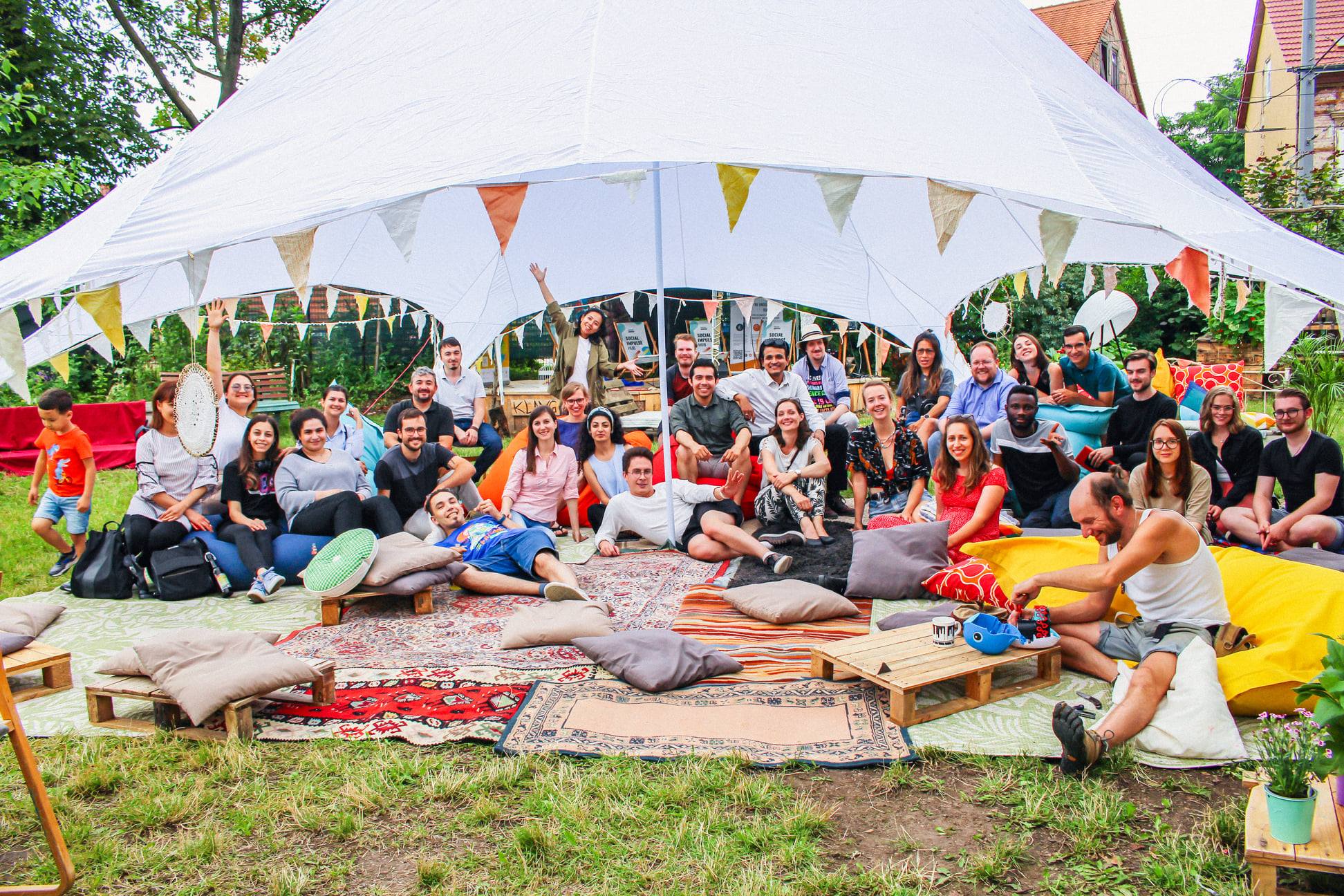CGE is expertise in developing and implementing Participatory Action Research, with the long-term civic engagement and education at the core. We designed educational program, such as Capacity Building for community engagement, with the unique access to marginalized communities and the trusted relationships, are well-positioned to facilitate the engagement of these groups in the context of EGD, Just Transition. By developing and implementing tailored educational programs, fostering dialogue, and providing opportunities for active participation, Capacity building programme can empower marginalized communities to contribute to the creation of a more sustainable and inclusive future.
This, in turn, can strengthen the overall impact of the EGD and Just Transition policies and ensure that their benefits are felt across society. The global practice provides strong evidence that the effective community engagement creates more benefits than issues, but proper understanding of all the positive and negative aspects of the community engagement is crucial for an appropriate preparation and implementation of the process. One of the most important preparatory steps of the community engagement is understanding the essential “whys” or the final purpose of the community engagement. Other parts of the big picture of the effective community engagement include understanding “what” or the scope and “who” or the stakeholders to be involved in the engagement process.
We work on the proposed generic stakeholder involvement concept presents the next steps including:
- Concept of co-creation: first iterations co-created by community leaders and all partners to be localized and tested in real-world situations.
- Localization: adapting the relevance of the generic concepts to the local context
- Coordination: creating local, regional, and national synergies
- Review: continuous monitoring, evaluation and review of the generic and local community engagement process, including through agile learning by doing, i.e. launching the local/regional community groups and experience sharing, evaluation and optimization
- Capitalizing: creating tools and platforms for dissemination and scaling the lessons learnt
The context where TASK4ISI will be implemented (at local/regional level), in terms of:
- inclusive entrepreneurship (focus on under-represented): such as Migrant start-up and providing a funding program (including micro-funding) for innovative, transformative solutions along the lines of the SDGs. In addition, special exceptional conditions are needed for the prototype phase, multi-stakeholder processes and organizations. More people should be able to really help shape things; and training opportunities and empowerment of relevant, involved actors in administration, education, business, and civil society
- growing skills mismatch and the need for skill upgrading and life-long learning
- updating the smart specialisation logic for sustainable and inclusive growth (S4+)
- synergy with Regional Innovation Strategy in the funding period 2021-2027 which focuses on a multi-stakeholder approach.
We will amplify our approach towards inclusive entrepreneurship through the establishment of our “learning and action community”, as a collaborative initiative between local organisation and individuals within various activities to support cultural talent, to create spaces for driven Inclusive entrepreneurs and thus create career orientation prospects for the future of young professional.
This publication reflects the views of the author(s) only. The programme authorities are not liable for any use that may be made of the information contained herein.
